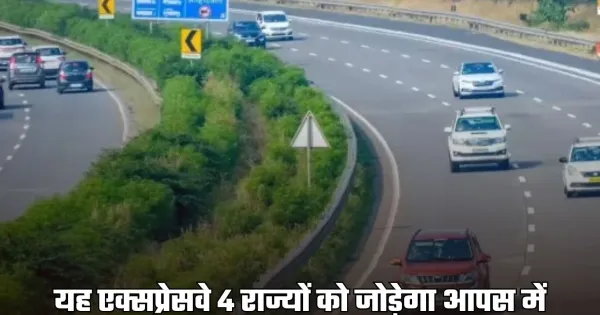In a significant move aimed at acknowledging the struggles faced by individuals during a tumultuous period in India’s history, the Delhi government has announced a pension scheme for those who were imprisoned during the Emergency, which lasted from 1975 to 1977. This announcement marks a pivotal step in recognizing the sacrifices made by political activists and ordinary citizens who opposed the government’s authoritarian measures during this time. The Emergency, declared by then-Prime Minister Indira Gandhi, saw widespread censorship, political repression, and the detention of thousands without trial. By providing pensions to those affected, the Delhi government is not only offering financial support but also symbolically validating their experiences and contributions to the democratic fabric of the nation.
The pension scheme is set to benefit individuals who were jailed for their political beliefs and activism during this period of repression. This initiative reflects a growing recognition of the need to honor the memories of those who fought for civil liberties and democratic rights. Many of these individuals faced significant hardships, including loss of livelihood, social stigma, and psychological trauma as a result of their imprisonment. The Delhi government’s decision to provide pensions is an important step towards rectifying historical injustices and ensuring that the sacrifices of these individuals are not forgotten. It also serves as a reminder of the importance of safeguarding democratic values and human rights in contemporary society.
Furthermore, this announcement may pave the way for similar initiatives across other states in India, encouraging broader discussions about the legacy of the Emergency and the importance of acknowledging the struggles faced by political dissidents. Many families of those imprisoned have long sought recognition and support for their loved ones’ sacrifices. By initiating this pension scheme, the Delhi government is not only addressing past grievances but is also fostering a climate of healing and reconciliation. As society reflects on this dark chapter of its history, such moves can help build a more inclusive narrative that honors the diverse voices that contribute to India’s democracy.




